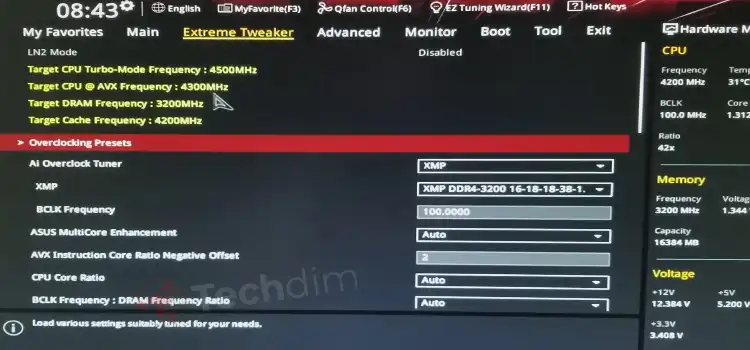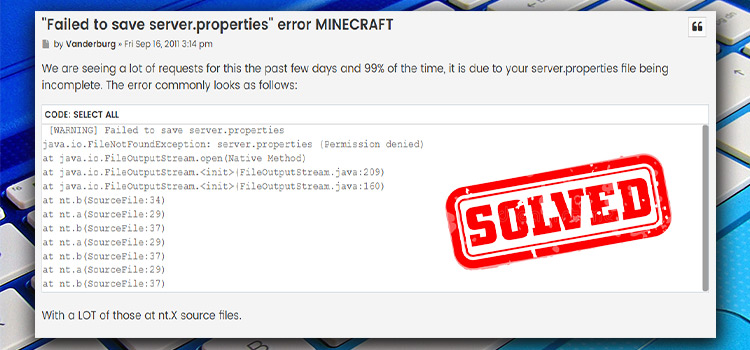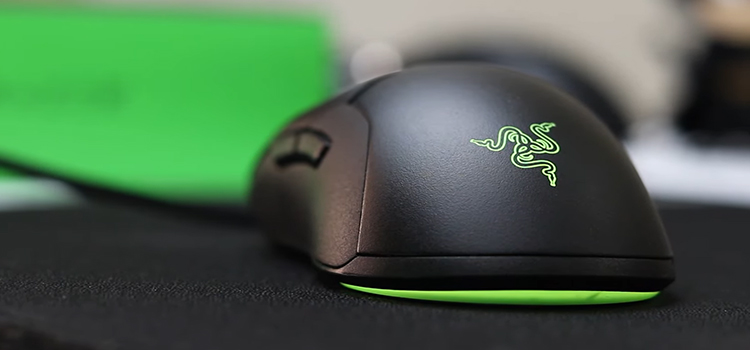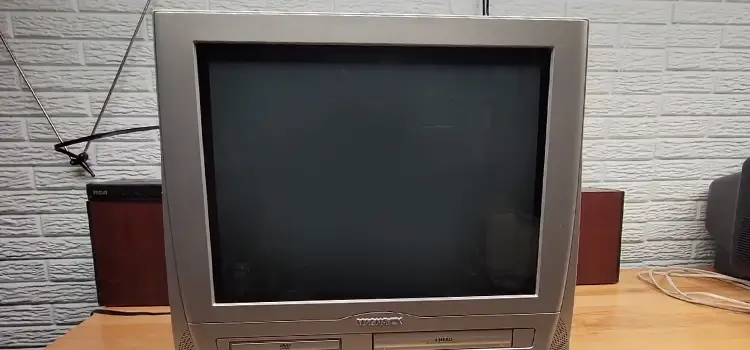Do HDMI Affect FPS? A Brief Explanation
As the resolutions and refresh rates vary depending on the version of HDMI, you may assume there is also a relationship between HDMI and FPS. But does HDMI really affect your frames per second?
The straight answer is simply No, HDMI has no impact on FPS. Because FPS mainly depends on the capability of the GPU and CPU, not the cable or the port.
However, before you pull out those old cables, let’s dive deeper to understand this HDMI-FPS relationship and the effect of HDMI on FPS.

Relationship between HDMI and FPS
Before we can understand whether HDMI affects FPS or not, we have to understand the relationship between HDMI and FPS.
HDMI is the industry-standard digital interface that connects your devices, transmitting both audio and video signals. Over the years, HDMI’s Evolution and Variants have increased in capability, accommodating higher resolutions and refresh rates.
In the realm of visuals, FPS stands tall as one of the crucial metrics. It quantifies how many frames your system can display each second. A higher FPS equates to smoother visuals, crucial for fast-paced activities like gaming.
While the quality of FPS mainly depends on the speed of data transfer from graphics cards to processor, HDMI cables can have a significant impact on it.
Does HDMI Affect FPS?
Basically, HDMI cables transport visual data. They don’t render or process it. But FPS, on the other hand mainly depends on processing and rendering of the data. Hence, from a Technological Perspective, HDMI doesn’t tinker with FPS.
However, it’s essential to note the Role of HDMI Versions and Bandwidth. Older HDMI versions might not support the high resolutions and refresh rates that modern displays and graphics cards can offer, potentially limiting your experience.
In Gaming Rigs, using the right HDMI version ensures you tap into the maximum potential of your system. Similarly, for Movie Playback and Streaming, while FPS might not be as critical as in gaming, HDMI’s version can influence visual quality and sync. But, HDMI does not affect FSP.
Conclusion
While HDMI does not directly influence FPS, its version and bandwidth capabilities play a pivotal role in the visual experience. We hope this article has proven helpful for you to understand whether HDMI is the culprit for getting a lower FPS on your PC or not. If any questions regarding this topic arise in your mind, drop them below. We’re here to help you always. Thank you for staying with us!
Other Burning Questions Regarding This Topic
Do Different HDMI Versions Have Different FPS Capabilities?
Yes, different HDMI versions can have different FPS capabilities. While HDMI doesn’t change FPS, different versions support various resolutions and refresh rates; which indirectly impacts the potential FPS you can experience.
Can I Game At 144Hz Using HDMI?
Whether you can game at 144Hz using HDMI mainly depends on the HDMI version and the monitor. Some newer HDMI versions and monitors do support 144Hz, but always check specifications.
Are There FPS Advantages To Using Displayport Over HDMI?
Yes, using Displayport over HDMI is beneficial to get better FPS. It’s because DisplayPort often supports higher refresh rates and resolutions than HDMI. Depending on your system and display, this might offer a better FPS experience.
Subscribe to our newsletter
& plug into
the world of technology





